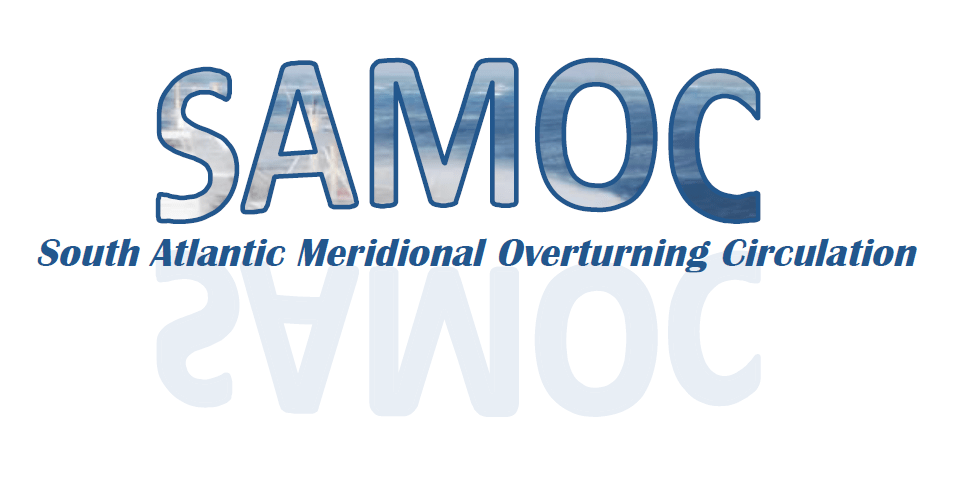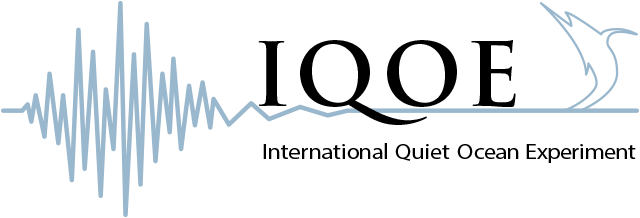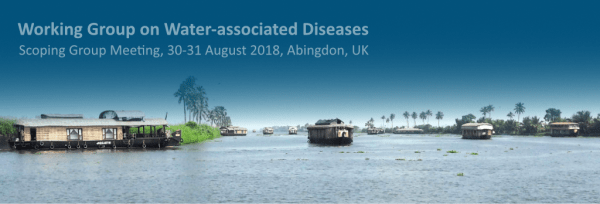CMHIR
Coastal Marine Heatwave Interdisciplinary Research group (CMHIR) Overview Background and rationale Our understanding about the drivers, processes and teleconnections that cause large-scale marine heatwaves (MHWs) has substantially improved (Holbrook et al. 2019, 2020). However, the implications of MHWs on the inner continental shelf are much less understood, despite the ecological importance and the relevance of […]





